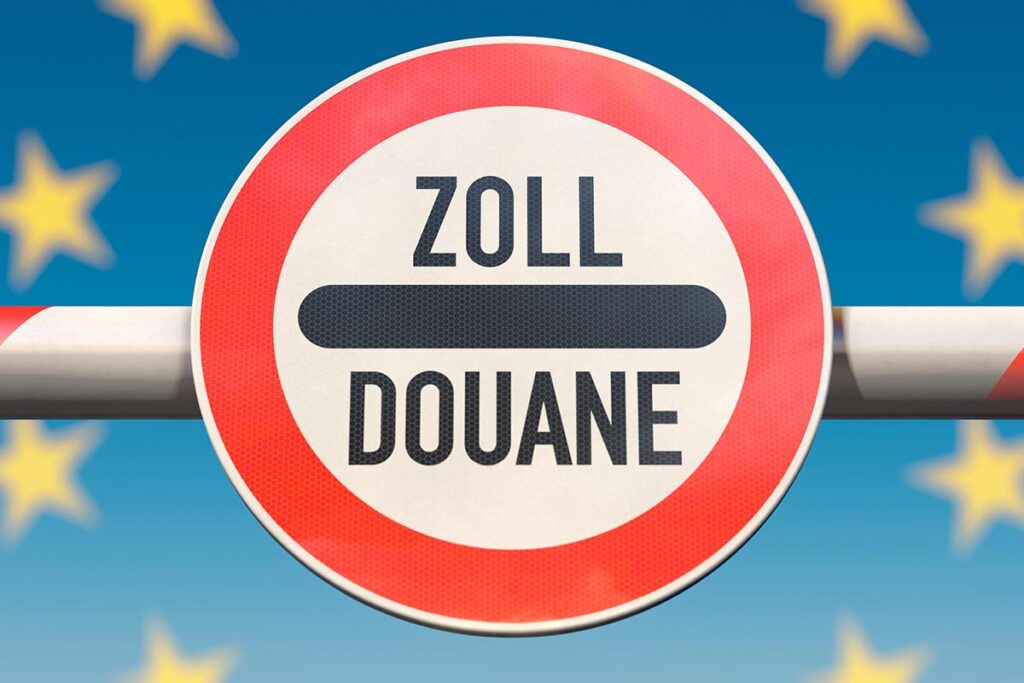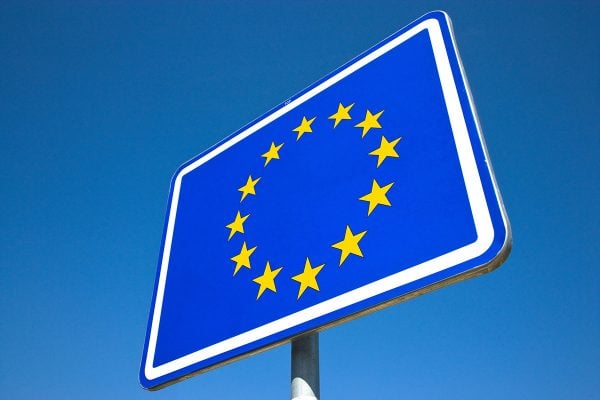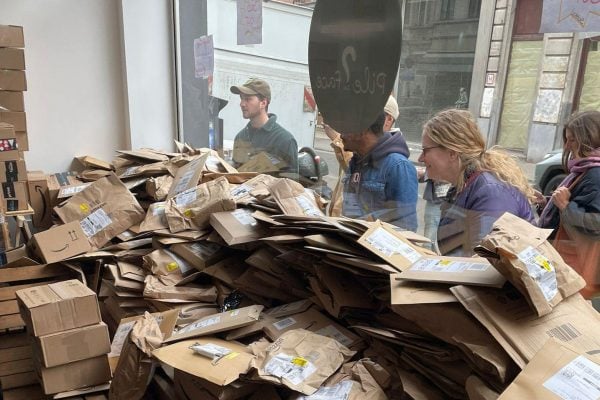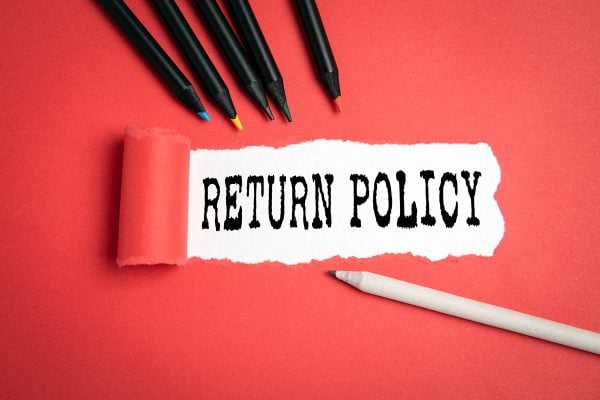Who’d have thought that three months on we’d still be struggling with Brexit barriers that impact how cross channel trade works? In fact, as a country, we haven’t even really got internal trade sorted with Northern Ireland still seeing issues ordering goods to and from mainland Britain.
Join us tomorrow, Tuesday the 23rd of March for a walk through of best practice and how GFS tools can streamline shipping, cutting through the Brexit barriers of red tape and ensure your parcels get delivered and returned first time every time.
Ecommerce Returns Made More Complicated by Brexit Barriers
Ecommerce businesses are grappling with the way international shipping has changed post-Brexit including duties and taxes, customs border requirements and delays. At the beginning of the year, many found themselves caught out as shipments were rejected at borders because of incomplete or incorrect data, and the new requirements had customers waiting for parcels. However, even as businesses learn what information they need and account for the additional costs for outgoing shipping, there is still an upcoming storm to be dealt with – the reality of post-Brexit Returns
Post-Brexit Returns – a Car Crash Waiting to Happen
While businesses have been focusing on how to get parcels across the border and into the hands of customers, they have been ignoring the uncomfortable reality that parcels may have to come back again. The pain of returns started as soon as the new rules came into place, as customers refused to take parcels they had ordered before Brexit that arrived with additional duties and taxes to pay on delivery. However, once these issues are ironed out, returns didn’t just disappear. There will still be customers who want to send back parcels for one reason or another, especially with many people over ordering to decide what to keep. Many retailers who have customers wanting to return parcels have been telling them to hold on to them for now until their returns process is resolved. This means there is a returns backlog to contend with as well as any new returns coming through, resulting in cash tied up in stock retailers are unable to re-sell.
Post-Brexit not only do retailers have a longer wait as returns go back through customs, but they also have additional paperwork needed. Duties are paid when the parcel goes out, but do not need to be paid when the parcel returns. However that requires the right paperwork to ensure they don’t have to pay twice. Failure to provide the right paperwork could lead to additional charges or fines.
Solving the Cross-Border Returns Headache
In order to make cross border delivery and returns seamless, retailers need best in class technology to provide paperless trade and a smooth customer experience. That’s why GFS have launched a Brexit Technology Bundle, enable paperless cross border shipping, automated duties and taxes calculations, and smooth and friction-free returns.
GFS Global Returns Pro not only provides retailers with 200+ returns options for customers in 195 countries, and can be localised in 35 languages, it also includes electronic customers declarations for duty relief. This ensures that retailers don’t get stuck with any fines and gives the customer a smooth customer experience that is so vital to keep them buying again. This technology is complimentary with GFS International Services to streamline cross border delivery and returns with three simple options. Contact us today to find out how our technology and delivery services make international selling, to the EU and beyond, friction free.
Get a preview of GFS technology to ease cross border friction.
Register to join our webinar tomorrow, the 23rd of March. Get an exclusive preview of GFS ‘Brexit software bundle’ – GFS Checkout with Duties and Tax calculator with GFS Selector and GFS Global Returns Pro to generate paperless customs declarations required with both outbound and inbound shipping.










3 Responses
“Ecommerce businesses are grappling with the way international shipping has changed post-Brexit including duties and taxes, customs border requirements and delays.”
International shipping has not changed a bit, it’s the UK that has changed, into a 3rd country.
The rules for those have not changed since 2008, when the EP decided, with all the votes of Farage, Habib and Mummery and the rest of them, to ban oysters from 3rd countries.
They just conveniently forgot to tell the fishermen in 2016.
“Who’d have thought that three months on we’d still be struggling with Brexit barriers that impact how cross channel trade works” me for 1, this is what happens when you wish to ignore facts about intra Country trade and refuse to agree to minimum standards and replacement them with slogans such as “taking back control”.
“Who’d have thought that three months on we’d still be struggling with Brexit barriers that impact how cross channel trade works? ”
it will be a forever- struggle not only 3 months. It was discussed at lengths before and after the 2016 referendum but was branded as “project fear”. Looks like it morphed into project fact.